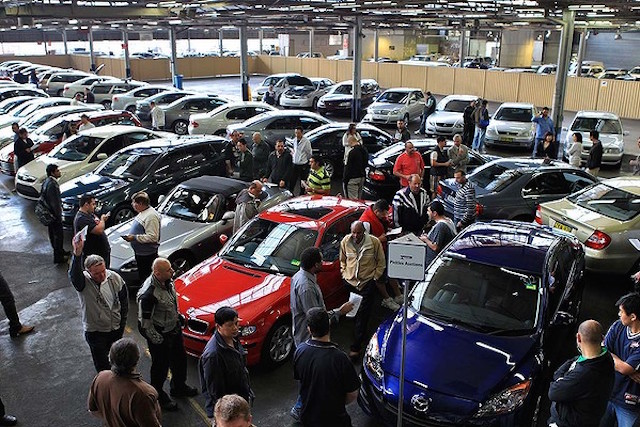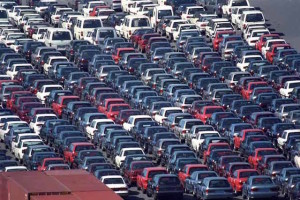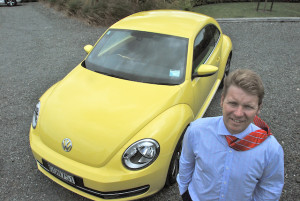
Vehicles written off by insurers in Australia continue to be given a new lease on life in New Zealand through the TradeMe auction site.
More than 400 such vehicles are being imported into NZ each month from Australia and sold online, says a senior NZ Transport Agency official. Two years ago around 100 write-offs were landing here each month; now near-parity with the Australian dollar has seen numbers soar.
Almost all are insurance rejects bought for a song at auction by registered NZ car dealers and traders. Some are new and unregistered, some are damaged. Most come from New South Wales where every write-off is statutory, meaning the vehicle can never again be registered for use on Australian roads.
In many cases insurers will end the Australian life of a new and unregistered vehicle if it has been exposed to water or smoke damage. It will be written off, auctioned, shipped to NZ, registered as new, and sold for a healthy profit. In one case a late model Subaru was bought at auction in Sydney for A$6000 and eventually sold in NZ for NZ$31,000.

“There is a huge market in statutory write-offs,” said the NZTA official. It’s not just the profit potential – NZ law allows the car to be born again. A 2011 model sitting unregistered on an outer Sydney distributor’s lot for three years before being engulfed by smoke from a bushfire, can end up on the NZTA’s books as a first-registered 2015 model. Its history begins in NZ.
The NZ Transport Agency logs the arrival of each vehicle and records the Vehicle Identification Number (VIN). It will red flag the VIN of a visibly damaged import but it has no way of enforcing importers to declare the vehicle’s complete history.
“We want them to but there’s nothing we can legally do to force them,” the official said. “They will do whatever they can to not declare the history.”
TradeMe doesn’t require the seller to list the vehicle’s number plate let alone the VIN. The NZTA has asked it to do so to help better protect buyers but TradeMe has refused, the official said. “TradeMe said it doesn’t ask for identification on other products for sale on its site, so why should it do so for vehicles.”

TradeMe Trust and Safety division spokesman Jon Duffy told Automotive News NZ 18 months ago when write-offs began to arrive in numbers: “The core issue we must consider is if the vehicle has been subject to a statutory write-off in another jurisdiction, that is information a consumer would expect to know about. We are quite happy to list but the need to fully disclose is there.”
Consumer Affairs Minister Craig Foss said in late 2013 that he would tighten up the Consumer Information Notice (CIN) to force sellers to provide car buyers with more information.
“It is clear that information provided on the current CIN (2010 version) could be more helpful,” said Foss.
“I have decided to amend the CIN to provide more meaningful information for consumers and help them make a more informed decision when purchasing a vehicle.”
But there is nothing in the CIN that warned a NZ car buyer last month that the vehicle with a 2015 registration he quite liked was built in Europe in 2011, landed in Australia in 2012, was parked, unregistered, on a lot outside of Sydney until November 2014, when it was written off as water-damaged, auctioned and shipped to NZ.
- The latest Australian write-offs to appear on TradeMe are Volkswagen Golfs and Mazda3 models. There’s a BMW X1, too. Said Volkswagen NZ general manager Tom Ruddenklau: “As custodians of the Volkswagen brand in New Zealand it is frustrating that these cars are allowed to come into the country. We are very supportive of the tightening-up of requirements, as it’s vital that we do all we can to preserve the safety of Volkswagen owners.”
